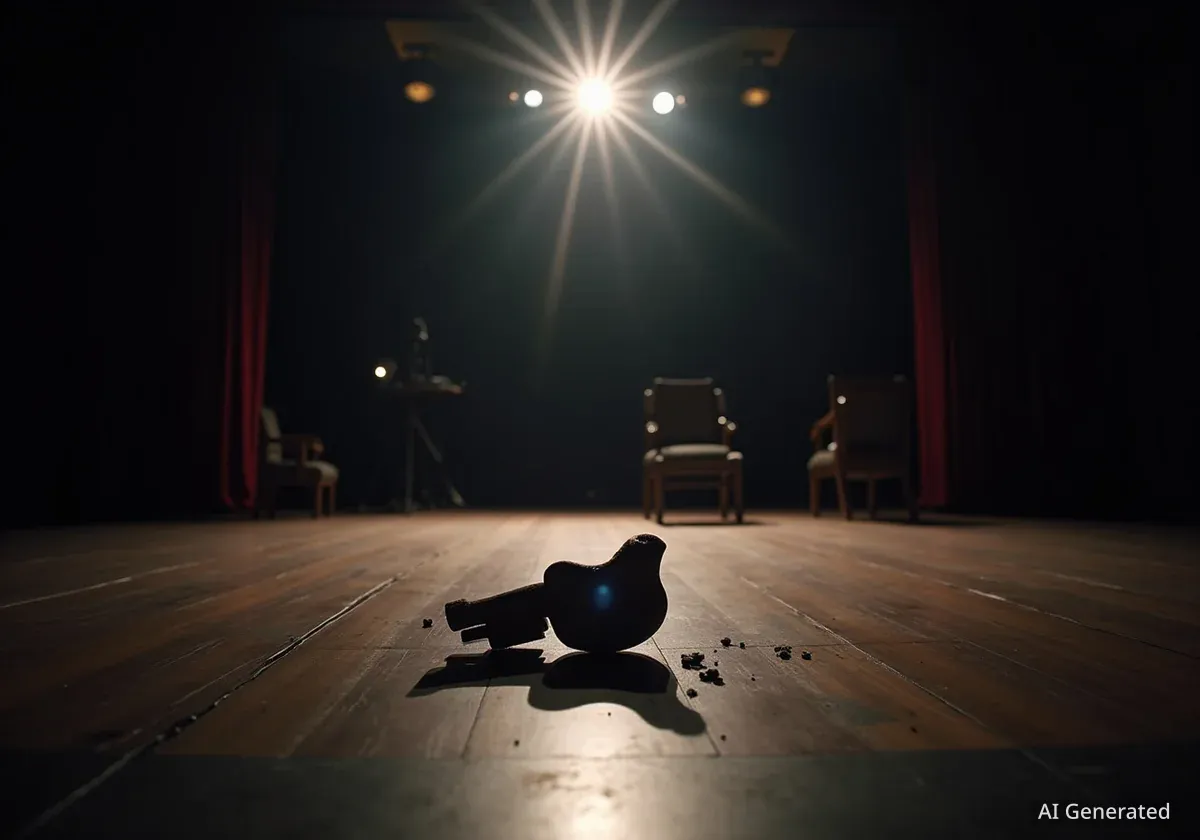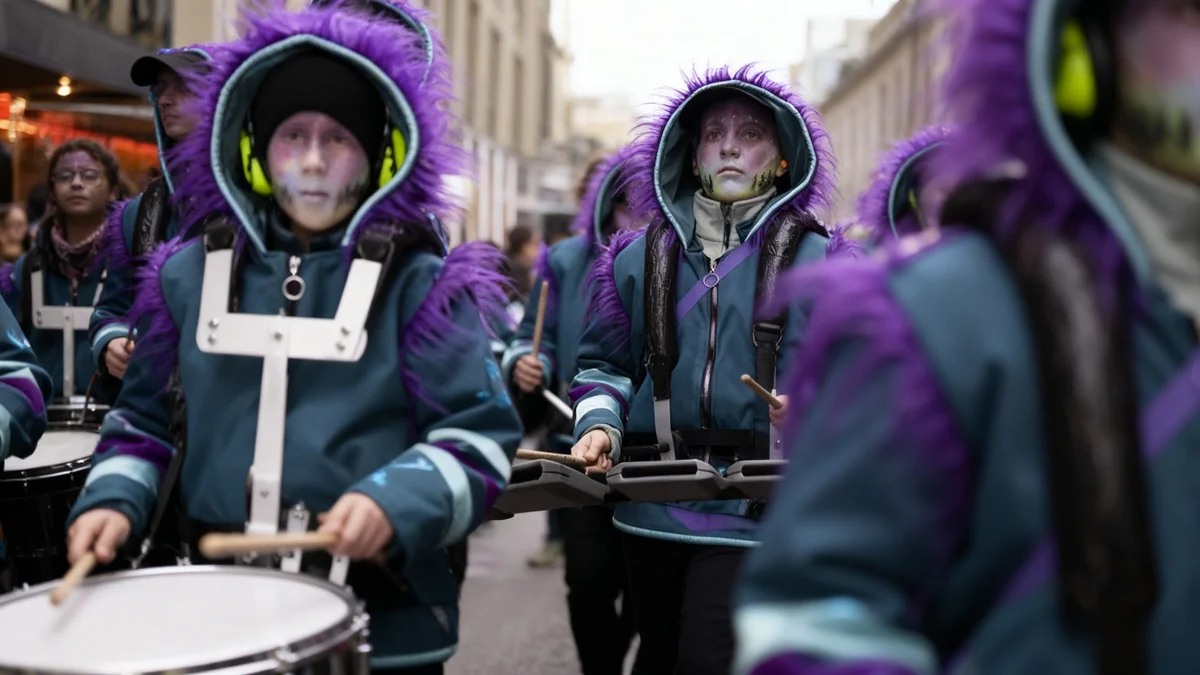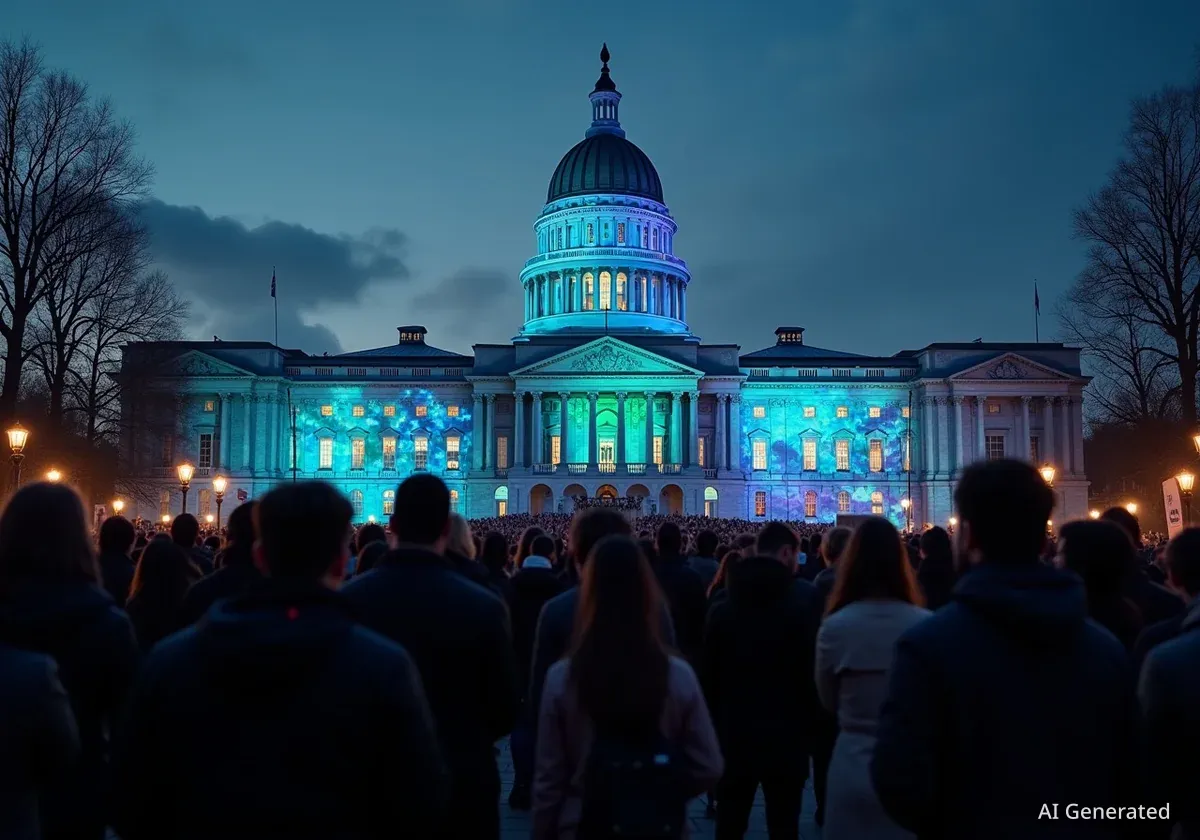Philippe de Bros, the former director of Bern's Stadttheater, passed away in late September at the age of 80. His tenure from 1987 to 1990 was marked by artistic ambition and significant challenges, including a notable incident involving a shattered mirror that became a symbol of the theater's internal strife.
Key Takeaways
- Philippe de Bros directed the Stadttheater Bern from 1987 to 1990.
- His term ended early after a major stage accident and conflict with an actor.
- De Bros later led the Théâtre de Vevey for two decades.
- He aimed to foster diverse artistic voices but faced financial and personnel difficulties.
Turbulent Leadership at Stadttheater Bern
Philippe de Bros took the helm of the Bern Stadttheater in 1987. He arrived from Lucerne, replacing a three-person management team. De Bros, a Geneva-born opera director and cultural manager, was known for his cultivated approach to theater.
He envisioned a theater that would welcome many artistic styles and personalities. However, his leadership was not the "strong hand" many had hoped for. This vision led to a period of both artistic exploration and organizational difficulties.
Fact: Financial Strain
De Bros's first season concluded with a deficit of 400,000 Swiss francs. This followed seven years of financial stability for the theater.
The Marco Morelli Incident
A significant event during de Bros's directorship was the January 1989 incident involving actor and clown Marco Morelli. During rehearsals for the Christmas fairy tale "Till Eulenspiegel," Morelli fell from a rope and suffered severe injuries.
Following his accident, Morelli accused the theater management of negligence and cover-ups. He publicly expressed his frustration by smashing a mirror in the Stadttheater's foyer. This act became a widely reported symbol of the tensions within the institution.
"The shattered mirror in the foyer became a potent symbol of the deep-seated discontent," a local journalist at the time reported.
Challenges and Departures
De Bros's artistic ambitions did not always translate into smooth operations. He intended to feature Swiss drama prominently, but this did not materialize during his tenure. While the public generally received his more traditional repertoire better than the media, the theater faced mounting criticism.
Personnel decisions also proved problematic. Both the drama and ballet directors he appointed were forced to resign under pressure from their ensembles. General Music Director Peter Maag also left the theater early in 1988. These departures highlighted underlying issues with management and artistic direction.
Background: De Bros's Early Career
Born in 1945, Philippe de Bros had a diverse background in theater. He worked as an assistant director in Basel with Werner Düggelin. He studied theater directing in Philadelphia and spent three years as evening stage manager at the New York City Opera. Before Bern, he served five years as head of operations at the Zurich Opera House. From 1982 to 1987, he directed the Lucerne Stadttheater, where he also staged several of his own opera productions.
Growing Calls for Change and Early Departure
The incident involving Marco Morelli intensified criticisms against de Bros. There were allegations of a lack of thorough investigation into Morelli's accident. Theater staff and local media increasingly called for de Bros's resignation.
The mounting pressure led to his early departure. His three-year term concluded at the end of the 1989/90 season. His time in Bern was remembered as a period of significant artistic potential overshadowed by internal conflict and administrative challenges.
Post-Bern Career: Success in Vevey
After his departure from Bern, Philippe de Bros found new success. From 1992 to 2012, he served as director of the Théâtre de Vevey, following its reopening. In this role, he managed a guest performance operation. His leadership in Vevey was widely regarded as careful and met with public satisfaction.
According to an obituary, Philippe de Bros passed away at the age of 80 in late September. His career spanned several decades and left a lasting impact on Swiss theater, from the turbulent years in Bern to a more stable and appreciated tenure in Vevey.
Legacy in Swiss Theater
Philippe de Bros's contribution to Swiss theater is complex. He was a figure who sought to bring diverse artistic visions to the stage. His experiences in Bern underscore the challenges of leading a major cultural institution while balancing artistic freedom with operational demands.
His subsequent success in Vevey demonstrates his ability to manage and cultivate a successful theater environment. His passing marks the end of an era for a significant figure in Swiss performing arts.




